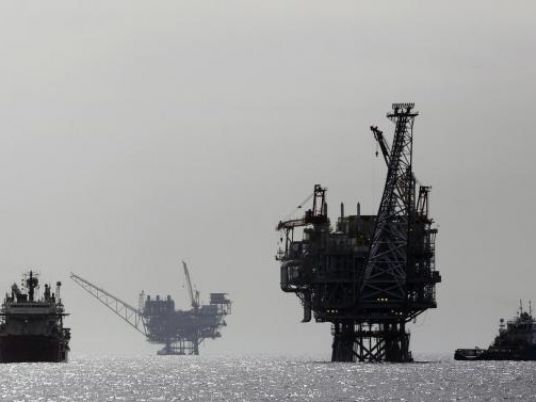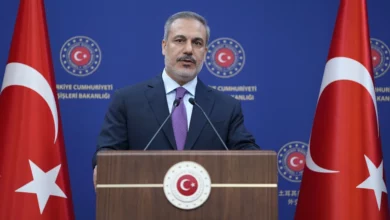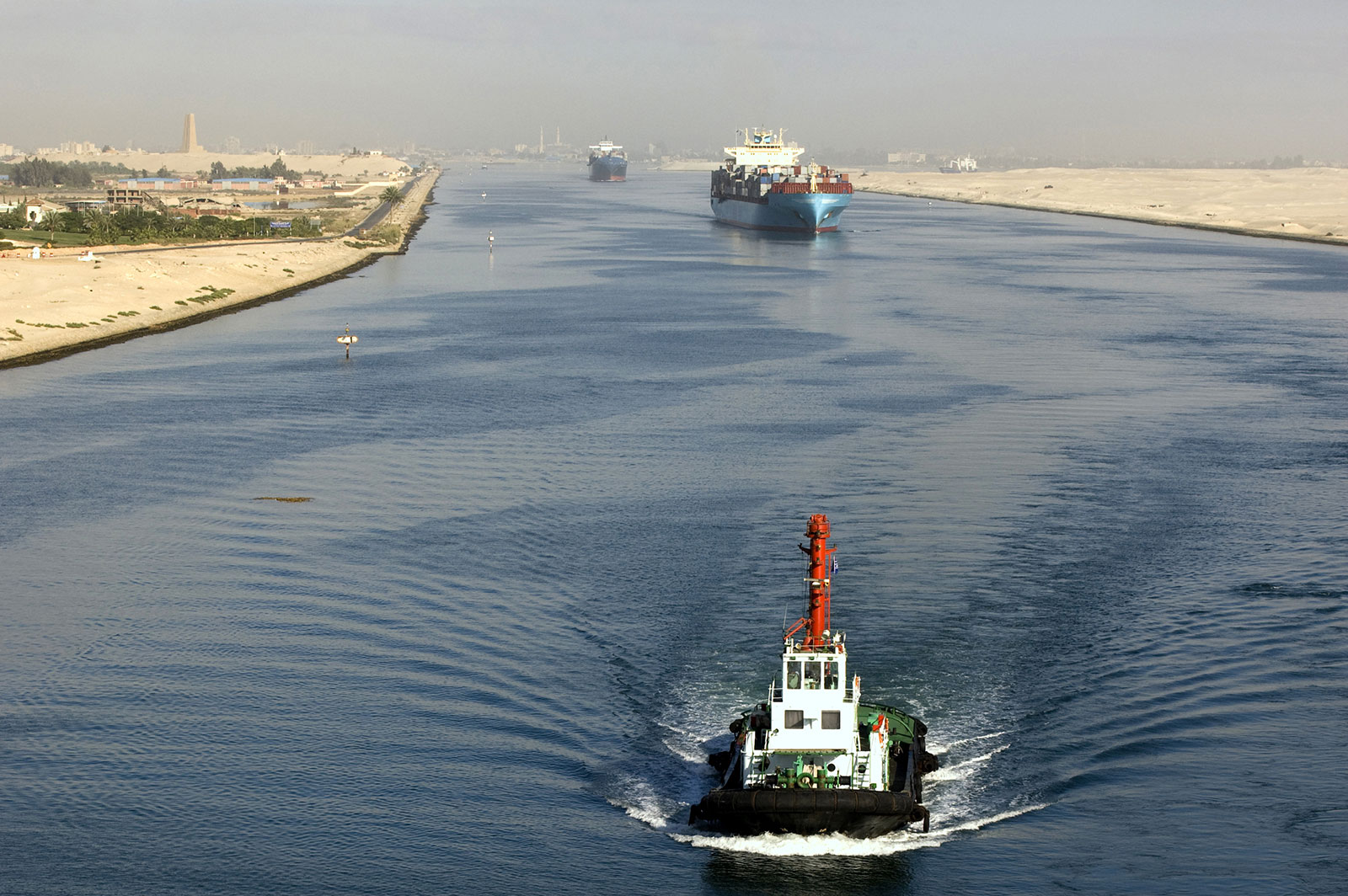
A deal by Egypt and Cyprus involving the demarcation of water territories and regulating the use of natural gas resources in the Mediterranean has apparently provoked Ankara to urge reinforced naval presence in the area.
“The Turkish Navy has been authorized by the government for the full implementation of recently amended rules of engagement in the eastern Mediterranean in the face of growing tension between littoral countries, including Turkey, Greek Cyprus, Egypt and Israel over oil and natural gas drilling projects," Turkish Hurriyet Daily News reported on Sunday.
An official from the Egyptian government, who declined to be named, described the drills as an unacceptable threat of the use of military power against countries excavating for natural gas. The official argued that disagreements in that respect should be subjected to international arbitration and direct negotiations.
But Turkey’s navy commander said the political row has nothing to do with the drills in the disputed region. “Our naval forces elements will continue their mission of situational awareness in the region,”Hurriyet Daily quoted Adm. Bülent Bostanoğlu as telling reporters. “The objective of the exercise is to improve cooperation with our allies and particularly to perform anti-submarine defense operations."
The presidents of Greece and Greek Cyprus held a conference with Egypt’s Abdel Fattah Al-Sisi Saturday that tackled the demarcation of water borders between Egypt and Cyprus, an attempt seen to define the rights to tap into natural gas resources in the region.
During the summit, Cyprus president Nicos Anastasiades accused Ankara of provocations that endanger peace talks between the Greek and Turkish sections of Cyprus as well as security in the eastern Mediterranean.
Greek Cypriot’s decision to license oil and natural gas exploration in the Mediterranean water borders with Turkey and Egypt had aroused tensions with Ankara, which accused its political foe of breaching its water territories.
According to Ramadan Abul Ela, deputy president of Pharos University in Alexandria, agreements signed between Egypt and Cyprus since 2003, as well as subsequent agreements in 2012, fail to clearly define the borders in a way that preserves Egypt’s rights. He believes that through those agreements, Cyprus seeks to guarantee that Egypt would not lay any claim to fields discovered near its water territories, including the Aphrodite gas field.
“Signing a new agreement with Cyprus means that the latter’s earlier agreement with Israel is void. This requires Egypt to ask for fresh negotiations to demarcate water territories between both countries so as to ensure its rights at Aphrodite and Leviathan fields," Abul Ela said.
But a government official, who asked not to be named, said the government had tackled the Mediterranean fields issue several times and never achieved evidence to Egypt’s right to tap into the two fields. The official, however, stressed that Egypt would never cede any right to the gas fields if it is proved there were any.
An economist source claimed that Egypt was under pressure from the United States, Turkey and Israel to pave the way to the natural gas fields for Tel Aviv. The source said Israel was the first to produce gas from the Egypt-Cyprus-Israel triangle while North African nations were busy with domestic revolts. The source added that Israel was working to stymie any agreement between Egypt and Cyprus to lay down water borders.
The economist said Turkey, highly hostile to the governments in Egypt and Greek Cyprus, is pressing, meanwhile, for Israeli control over the gas fields.




